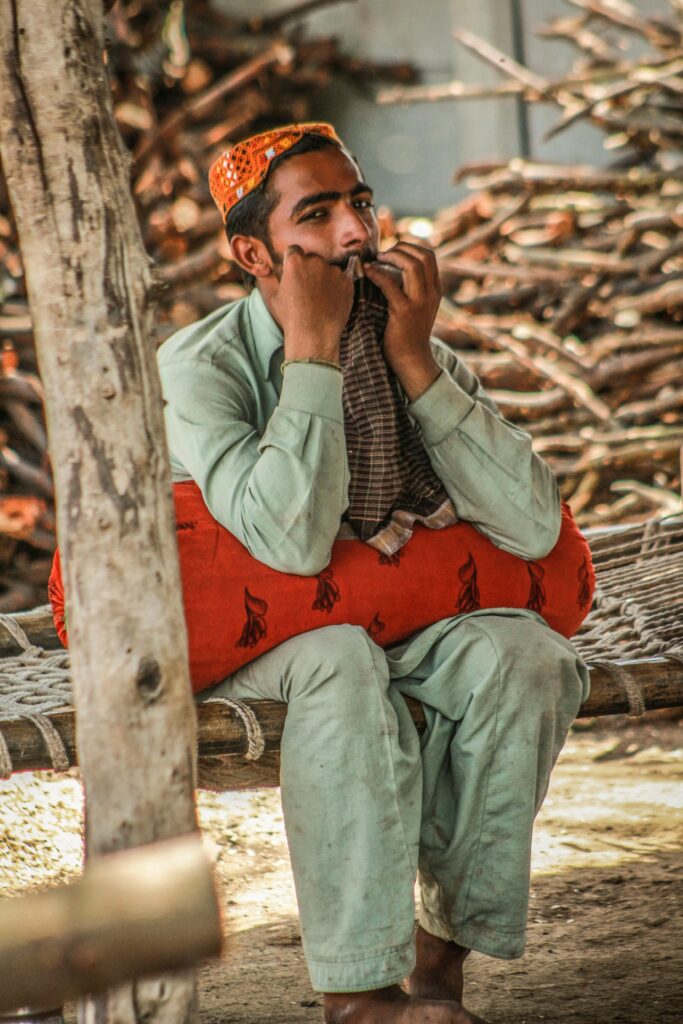
Islamabad, Pakistan – In a significant diplomatic development, India’s External Affairs Minister (EAM), Dr. S. Jaishankar, arrived in Islamabad today to attend the 23rd Meeting of the Shanghai Cooperation Organisation (SCO) Council of Heads of Government. His visit marks a key moment in India’s engagement with the multilateral organization, fostering regional cooperation and dialogue, particularly at a time when India-Pakistan relations remain delicate.
Strengthening Regional Cooperation through SCO
The Shanghai Cooperation Organisation, founded in 2001, is a Eurasian political, economic, and security alliance, and its member states include China, Russia, India, Pakistan, Kazakhstan, Kyrgyzstan, Tajikistan, and Uzbekistan. The annual Council of Heads of Government meeting is one of the premier events within the SCO framework, focusing primarily on economic cooperation, connectivity, and trade.
Dr. Jaishankar’s participation in the meeting reflects India’s growing role as a pivotal player in promoting regional stability and development. India, having assumed the presidency of the SCO in 2023, has emphasized initiatives that include infrastructure development, technological collaboration, and trade enhancement across Eurasia.
Agenda of the 23rd SCO Meeting
The Islamabad meeting is expected to focus on economic recovery post-COVID-19, the Afghanistan situation, energy cooperation, and regional connectivity projects such as the China-Pakistan Economic Corridor (CPEC) and India’s North-South Transport Corridor (NSTC). Discussions on digital cooperation, climate change, and agriculture are also likely to feature prominently in the sessions.
India, which has increasingly positioned itself as a global voice for the Global South, is expected to advocate for greater emphasis on development and equity in the regional projects. Dr. Jaishankar’s interventions will likely include proposals for bolstering cross-border trade, promoting sustainable development, and tackling terrorism, which remains a critical concern for India.
Significance of Jaishankar’s Visit to Pakistan
Dr. Jaishankar’s visit to Islamabad comes amidst a period of tension in India-Pakistan relations. Diplomatic ties between the two neighbors have been strained for several years, exacerbated by incidents such as the 2019 Pulwama attack, the subsequent Balakot airstrike, and Pakistan’s stance on the revocation of Jammu and Kashmir’s special status. Though there has been little direct dialogue at the highest levels between the two nations, multilateral forums like the SCO offer an opportunity for interaction.
This visit, however, should not be seen as a bilateral breakthrough. The focus will remain squarely on regional cooperation under the SCO umbrella. Nevertheless, any interaction, however brief or informal, between Indian and Pakistani representatives will be closely watched by political analysts and media on both sides.
India’s Role in the SCO
India’s engagement with the SCO is part of its broader foreign policy strategy to balance relations with major global powers like the US, Russia, and China, while maintaining strong ties with neighboring countries in the region. As a founding member of the SCO’s predecessor, the Shanghai Five, India has long emphasized the importance of the organization’s role in ensuring peace and security across the Eurasian region.
Dr. Jaishankar’s presence in Islamabad underscores the importance India places on multilateral platforms to address common challenges such as terrorism, climate change, and sustainable development. His participation in high-level discussions will highlight India’s stance on key issues like counter-terrorism, promoting trade routes that bypass conflict zones, and regional connectivity projects that align with India’s own strategic interests.
Conclusion
The 23rd Meeting of the SCO Council of Heads of Government is a pivotal event for advancing economic and security cooperation among member states. Dr. S. Jaishankar’s attendance signals India’s commitment to fostering regional stability through multilateralism, even in the face of challenging bilateral relations. As discussions unfold, the world will watch closely for outcomes that could shape the future of the SCO and its role in Eurasian geopolitics.


